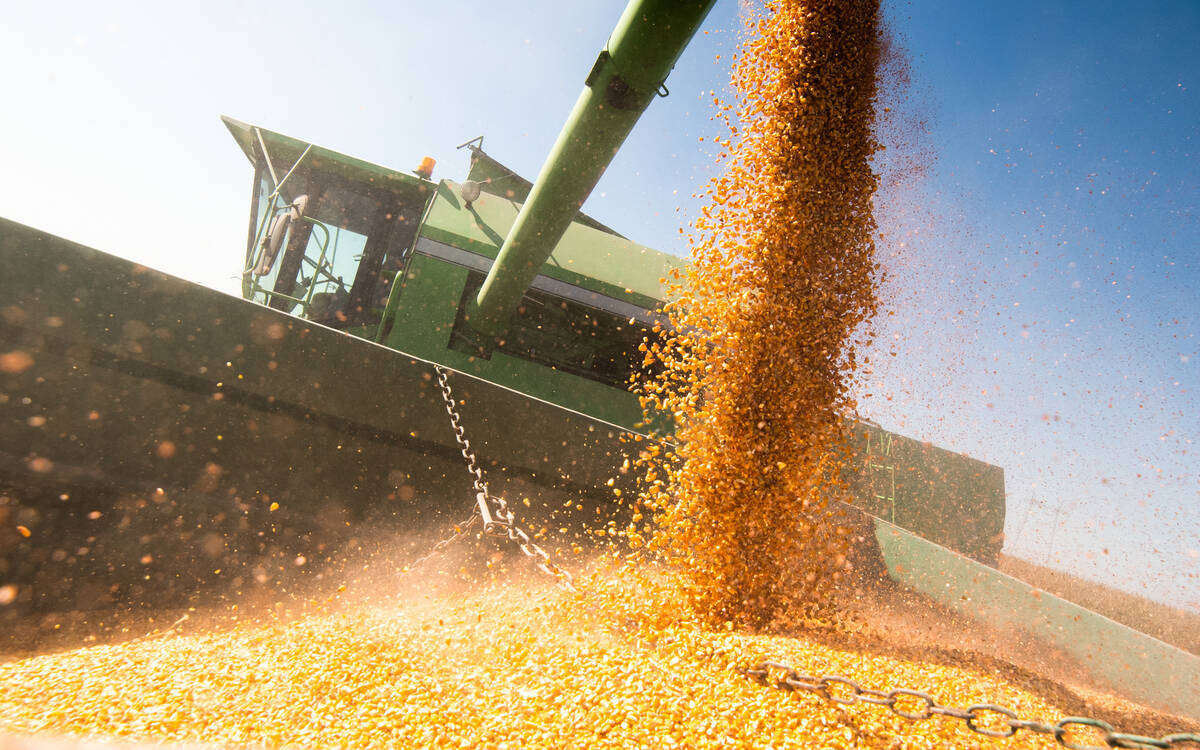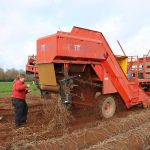Manitoba canola growers have one more place to sell their product, as a crushing facility just south of the U.S. border begins ramping up operations.
The Northstar Agri Industries plant at Hallock, Minn., about 130 km south of Winnipeg, started processing canola on May 18, and will run through mid-July at a reduced capacity to "work the bugs out," before restarting with new-crop canola in mid-August, company president Neil Juhnke said.
Construction on the plant, which has the capacity to crush nearly 1,000 tonnes of canola a day, began in January 2011 and finished two months early in April 2012, allowing for the test run.
Read Also

Feed Grain Weekly: Corn affecting barley prices in Lethbridge
Corn imports entering Lethbridge have lowered prices for feed barley compared to those in Edmonton.
Contracts that work out to C$35 above ICE canola futures for June delivery are already available, with limited new-crop basis opportunities of C$5 under the futures available, according to a letter the Manitoba Canola Growers Association sent out to its members.
The plant provides a "great new opportunity" for Manitoba farmers, the MCGA said.
The Bunge crush plant at Altona, Man., about 70 km northwest of Hallock, is the closest competitor for the Minnesota facility, and the introduction of a new buyer in the local market is expected to be supportive for prices.
In order to attract Canadian business, the new plant has a number of agents working on its behalf in Manitoba to develop grower relationships.
The company will also be bonded with the Canadian Grain Commission, Juhnke said.
Northstar Agri expects to draw in canola from a 145-km radius, which would cover a large portion of southern Manitoba up to Winnipeg, said Juhnke.
Of the 350,000 tonnes of canola the plant expects to process annually, he said 200,000 would likely be sourced from Cavalier County in North Dakota, with Manitoba supplies likely making up "a large portion" of the remaining 150,000 tonnes.
"We’ve worked to accommodate Canadian truck configurations," said Juhnke, noting that special permits for moving canola to the plant are available.
Moving across the border is largely a non-issue for standard five-axle trucks, with special permits needed to move super-Bs into Minnesota.














